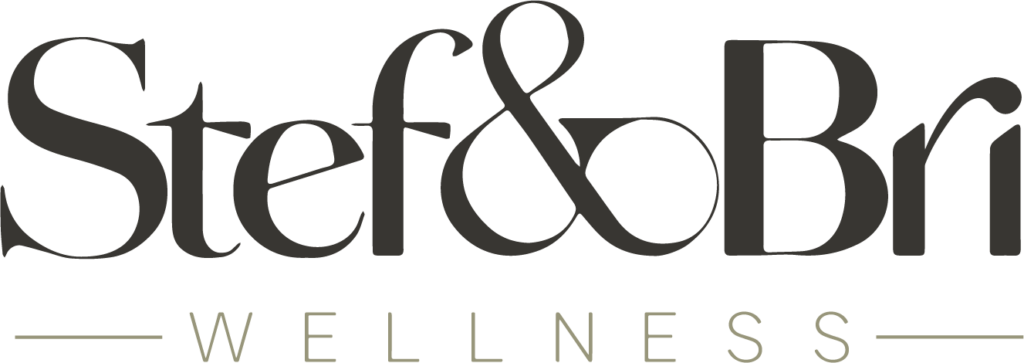Is Plant-Based Best?
In 2017, 1 in 7 people reported following a specific eating pattern or diet with Paleo, vegan and vegetarian being the most common according to IFCIF. Along with skyrocketing purchases of meat alternative products (reaching well over $550 million in goods sold), we naturally see that there is an upward trend. So, you can imagine that to date I am always being asked: “Bri, is plant-based really best?” After taking some time to break down the research, I have put a cliff note version of what I found so that you can make an informed decision for yourself. Here’s the scoop!
What is vegetarian? Vegetarian is a dietary pattern that is free from all flesh foods such as red meats, poultry, and fish but may or may not include dairy products and eggs. However, there are different types of vegetarian diets that are mistakenly claimed, unclaimed and misbranded. Before we move forward, take a look at the types identified by the Academy of Nutrition and Dietetics:
- Vegetarian – May or may not include egg and dairy
- Lacto-vegetarian—Plant-based + dairy
- Ovo-vegetarian—Plant-based + eggs
- Lacto-ovo-vegetarian—Plant-based + dairy + eggs
- Vegan – Contains NO animal products. Period.
- Raw Vegan – Vegan + 75-100% uncooked foods. Throw in a side of sprouted grains.
What are the potential benefits?
Fortunately, following a vegetarian diet has been found to be associated with reduced risk of chronic diseases, reduced incidence of certain cancers, and promotion of bone health. Also, if followed with proper nutritional balance, a vegetarian diet may lead to the achievement of a healthier weight and BMI. Depending on the goals that you are looking to achieve and what your definition of ‘healthy’ is, there are plenty of benefits that can promote your consideration for adopting a plant-based diet.
What are the potential risks?
Contrary to popular belief, animal products do have tremendous nutritional value being rich in nutrients such as calcium, B-12, vitamin D, Iron and protein to name a few. So, quite inevitably, eliminating those products can put you at risk for nutrient deficiencies, leading to compromised health status. However, with appropriate planning and supplementation, these risks are indeed preventable.
Tip Sheet
It is hard to ignore the benefits, but at the same time, there is flexibility in acquiring those benefits without driving yourself crazy! So I leave you with these tips:

- Even the most minimal changes in diet can be beneficial to your health—start with adding vegetables to each meal and work your way up to one vegetarian day per week.
- Want to achieve benefits? Consider including other lifestyle adjustments: avoid smoking, try to exercise regularly, and try to drop a few pounds.
- REGULAR consumption of fruit, vegetables, legumes, and whole grains were a consistent point in the research. EAT THEM! EAT THEM! EAT THEM!
- You can follow a plant-based diet without being vegetarian and still reap valuable benefits, consider DASH or Mediterranean diets.



